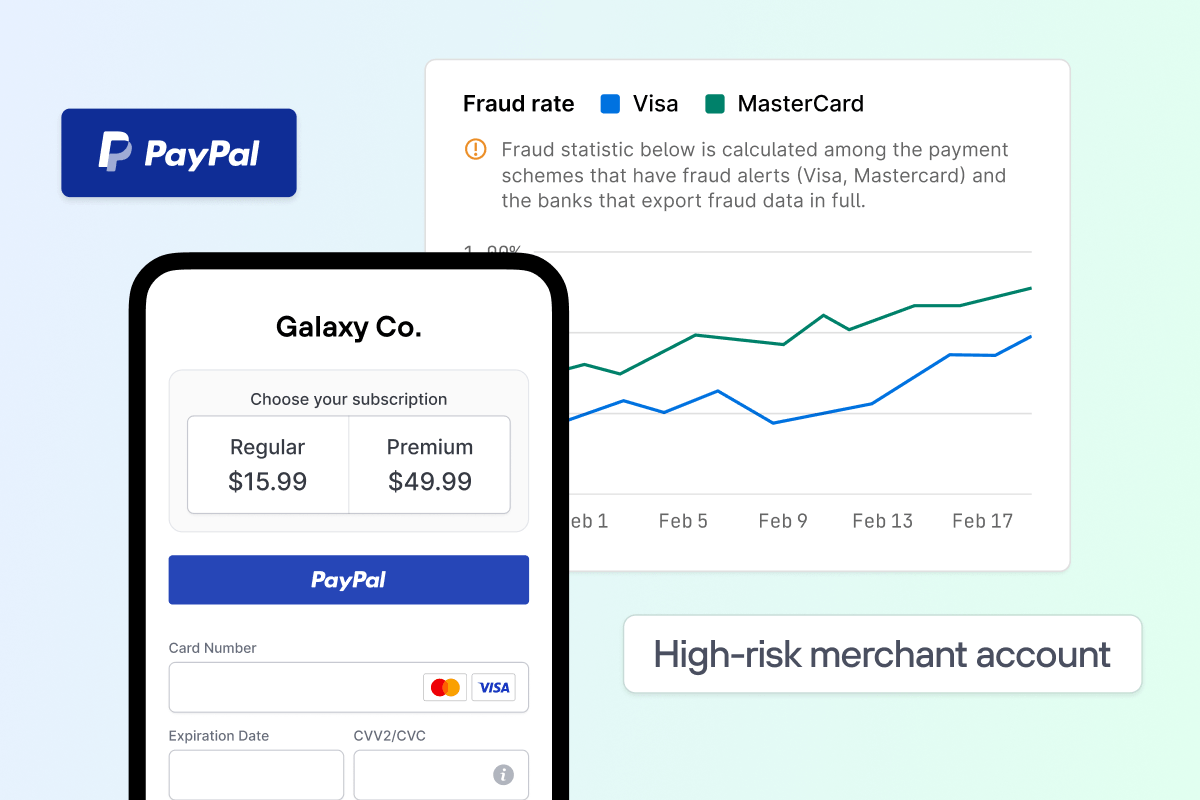Merchant-initiated transaction
Merchant-initiated transaction (MIT) is a type of electronic payment where the merchant initiates the transaction on behalf of the customer, often in a or subscription-based model. Unlike traditional customer-initiated transactions, such as online purchases, MITs occur without the direct involvement of the customer during each transaction. Examples include subscription renewals, installment payments, or scheduled billing cycles.
MITs require prior explicit consent from the customer during the initial purchase to enable future recurring payments without their direct involvement. When obtaining authorization, the merchant identifies installments or recurring billings so that issuing banks permit upcoming scheduled charges. Customers only need to intervene to cancel or update the pre-authorized arrangements.
Subscription-based MITs allow merchants to regularly bill customers for ongoing services according to a fixed schedule without additional authentication. As the verified the initial subscription purchase, subsequent MIT charges pose minimal risks if executed under compliant conditions. Therefore, MITs may qualify for exemptions under authorization rules, streamlining recurring collections for merchants bound by EU and UK regulations.
MITs typically qualify for lower rates due to their reduced fraud risk and predictable transaction patterns, making them cost-effective for merchants. Many (APMs) like bank transfers or account-to-account payment services use MIT functionality to offer competitive recurring payment solutions.
MITs facilitate automated recurring payments initiated by the merchant per a prior cardholder agreement. Compliant execution of scheduled installments or subscriptions increases efficiency for merchants while providing customers with convenience and transparency around long-term financial commitments.


